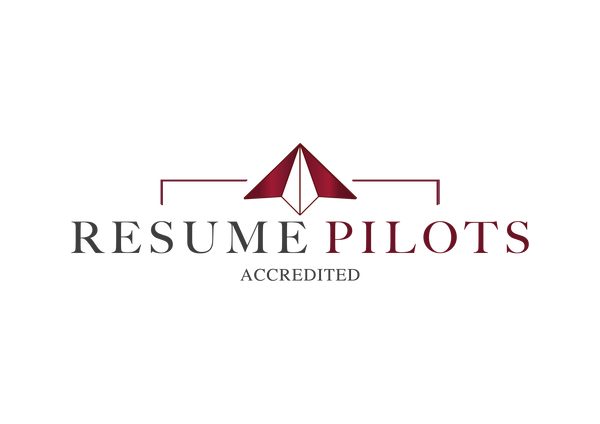
How to Request an Informational Interview and What to Ask
5 Steps to a Successful Informational Interview
An informational interview is a conversation with someone who works in a field or company that you're interested in learning more about.
It's an opportunity to ask questions, get insights and advice, and potentially make a connection that can help you in your career.
Requesting an informational interview can seem intimidating, but with a little planning and preparation, it's a valuable and relatively low-risk way to learn more about a field or company and make connections that can help you in your career.
Here are some steps to help you request and prepare for an informational interview:
1. Identify your goals
Before you request an informational interview, it's important to know what you want to get out of it.
- Are you looking to learn more about a specific industry or company?
- Are you trying to get advice on how to break into a particular field?
Knowing your goals will help you tailor your request and your questions to get the most out of the conversation.
2. Research potential contacts
Once you know your goals, start researching potential contacts who can help you achieve them.
Think about people you know or know of who work in the field or company you're interested in, or try using LinkedIn or other professional networking sites to find connections.
Look for people who have job titles or roles that align with your goals, and make a list of potential contacts.
3. Reach out and make your request
Once you have a list of potential contacts, it's time to reach out and request an informational interview.
Keep your request brief and to the point, and be sure to explain why you're interested in speaking with them and what you hope to get out of the conversation.
It can be helpful to include a brief introduction about yourself and your career goals, and to express your appreciation for their time.
4. Prepare for the interview
Once you've scheduled the informational interview, it's important to prepare for it just as you would for a job interview.
This includes doing your research on the field or company, dressing appropriately, and coming up with a list of questions to ask. Some good questions to consider include:
- What do you do in your current role?
- How did you get into this field?
- What do you like most about your job?
- What challenges do you face in your role?
- How does your company approach [insert topic]?
- What advice do you have for someone looking to get into this field?
5. Follow up
After the informational interview, be sure to follow up with a thank you note or email thanking the person for their time and reiterating your appreciation for the opportunity to learn from them.
This is also a good time to mention any specific points from the conversation that you found particularly helpful or interesting.
In Summary
Informational interviews can be a valuable way to learn more about a field or company and make connections that can help you in your career.
By following these steps and coming prepared with well-thought-out questions, you can make the most of the opportunity and potentially open doors for yourself in the future.
To find out more, visit our website www.resumepilots.com. If you have any further questions, you can either book a consultation call with one of our team, or get in touch via email on team@resumepilots.com

